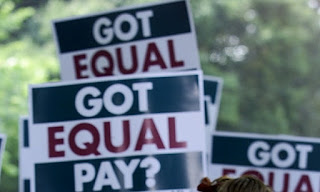Currently, one -third of the state’s population does not have access to Housing Court, including Barnstable, Dukes and Nantucket counties.
An attempt was made to include funding for these courts in the budget this year.
Due to the extreme budgetary constraints this year, no housing court expansion budget amendment was filed in the House as part of the FY18 budget. Representative Walsh and Representative Donato are working on advancing the housing court expansion as legislation (House) H978 and (Senate) S946.
The Cape Cod and Islands Commission on the Status of Women is among many organizations that now support the bills that are being filed. We are asking you to contact your legislators, see details below under "Next Steps."
This information is from Greater Boston Legal Services, in the form of advice for victims of domestic Violence:
How does VAWA protect me?
VAWA means that a housing authority can not refuse to rent to you just because you are or were a victim of abuse.
VAWA means that you can not be evicted from public housing just because of your abuser or your abuser’s actions.
If you and your abuser live together, the housing authority can evict your abuser for his or her acts of abuse, but you must be allowed to stay. Acts of abuse include domestic violence, threats, dating violence or stalking.
Can I be evicted for violating my lease?
Under VAWA, a housing authority can not evict you for violating your lease because you are a victim of abuse.
It also can not evict you for criminal activity related to domestic violence, dating violence, or stalking.
But, a housing authority could evict you for serious or repeated lease violations that are unrelated to domestic abuse.
What can the housing authority do?
A housing authority can evict you if it can prove that other tenants or staff are in actual and imminent (immediate) danger that cannot be addressed by security or other steps. If the housing authority can prove this, you could be evicted even if you are a victim of domestic abuse.
But without proven danger, the housing authority can not evict you or penalize you in any way.
Also, the housing authority can not hold you to a more demanding set of rules than it uses for tenants who are not victims of abuse.
From Annette R. Duke, Esq.,Housing Attorney,Massachusetts Law Reform Institute:
(Find your legislators here, after typing your info into the search form, at the bottom of the list under "District Representatives" click on the link for your State Representative and State Senator)
Next Steps







